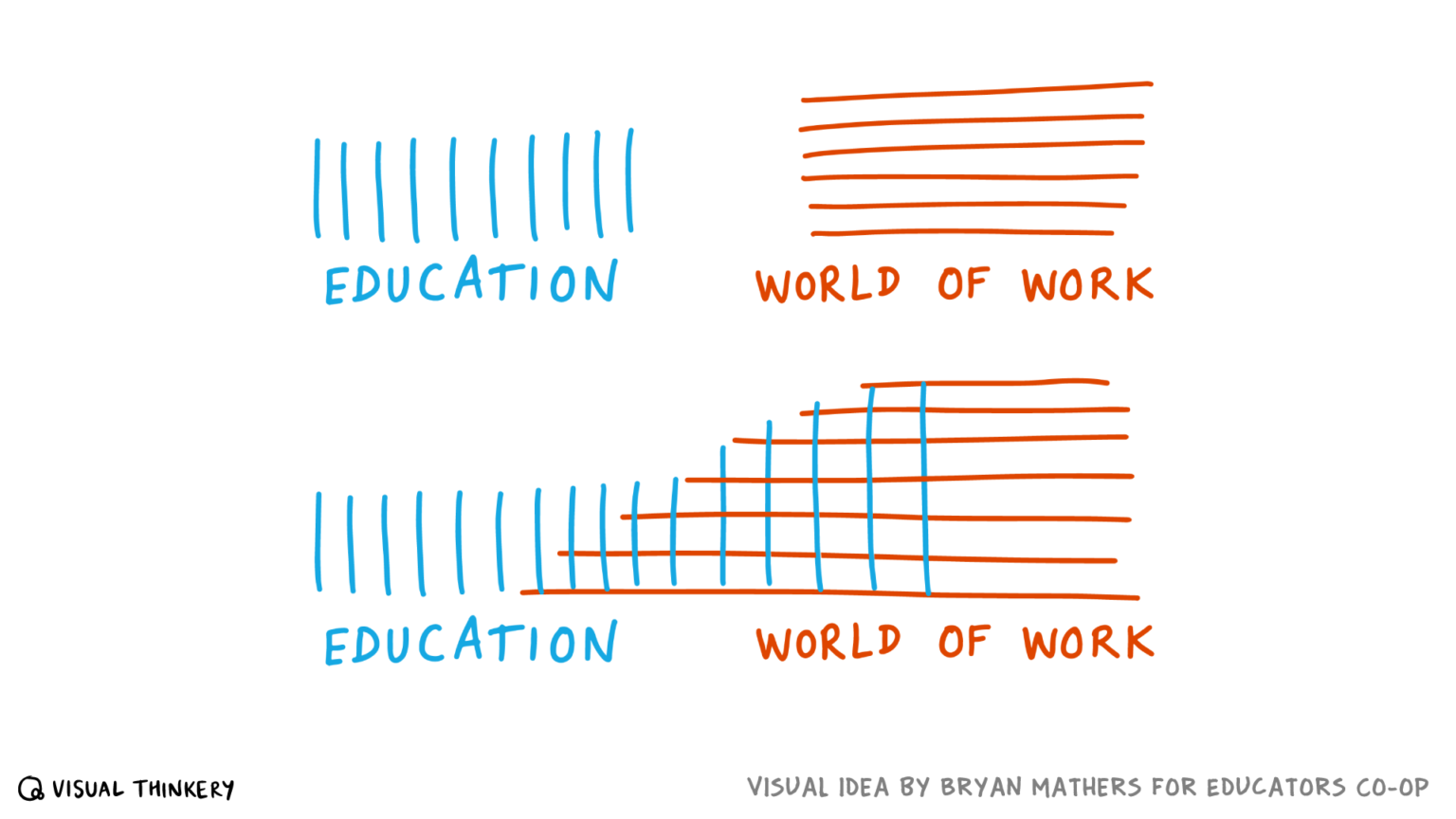Is the idea that you force yourself to find the link between a new idea and the existing cards? I didn't understand it that way.Example of the 4 cards I have nowone how there's a continuum between music that's easy digestable for the listener, where the creator does a lot of effort, and music that asks a lot from the listener, because the creator makes idiosyncratic music.the concept of "false consensus" in psychologylinked with that: "naive realism"one about (marching band) parades, how in some cultures/for some people it's more about choosing to enjoy and dance then about the musicians who are responsible for that. (I see a link with the first, but that's not what interests me in this one)
reply to u/JonasanOniem at https://www.reddit.com/r/Zettelkasten/comments/16ss0yu/comment/k2buxsc/?utm_source=reddit&utm_medium=web2x&context=3
In digital contexts it is much easier and very common to create orphaned notes that aren't connected to anything. In a paper zettelkasten, you are forced to file your note somewhere and give it a number (only to be able to find it again—it's difficult, but try not to make the mistake of conflating your number with the idea of category). The physical act of placing it in your slipbox creates an implicit link to the things around it. As a result, your four notes would all initially seem to be directly related because they're nearby, but over time, they will naturally drift apart as you intersperse new notes between and among them. Though if they're truly directly interrelated, you can write down explicit links from notes at one end of your thought space to notes which seem distant.
In your example, you may see some sort of loose link between your first and fourth notes relating to music. While it may be a distant one, given what you have, putting marching band "next to" digestible music is really the only place to put it. Over time, you'll certainly find other notes that come between them which will tend to split them apart and separate them by physical distance, but for now, if it's what you've got, then place them into the same neighborhood by giving them addresses (numbers) to suggest they live nearby. (Some note applications like Obsidian make this much harder to do, and as a result orphaned notes will eventually become a problem.)
This physical process is part of the ultimate value of building knowledge from the bottom up. Like most people, you've probably been heavily trained to want to create a hierarchy from the top down (folder-based systems on computers of the late 20th century are a big factor here) which is exactly why you're going to have problems like this at the start. You'll want to place that music note somewhere else, or worse, orphan it. For some people who may not be able to immediately trust the process, it can be easier to create a few dozen or a hundred notes and then come back to them later to file and arrange them. This will allow you to seed some ground from which to continually build and help to bridge the gap between the desire to move top-down in a system designed to move from bottom-up.
Depending on one's zettelkasten application (Obsidian, Zettlr, Logseq, The Archive, et al.) some do a better job of allowing the creation of "soft links" versus the more explicit hard or direct links (usually using [[WikiLinks]]). The soft links are usually best done by providing a number that places one note into proximity with another, but not all systems work this way. As a result, it's much easier to build a traditional commonplace book with Obsidian than it is to build a Luhmann-artig zettelkasten (see: https://boffosocko.com/2022/10/22/the-two-definitions-of-zettelkasten/). The concept of tags/categories in many systems is another form of soft link that can hold ideas together, so use this affordance if your application offers it as well. But also keep in mind that if sociology is your life's work, you'll eventually amass such a huge number of digital notes tagged with "sociology" that this affordance will become useless as it won't scale well for discovery and creating links.


















